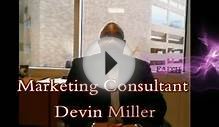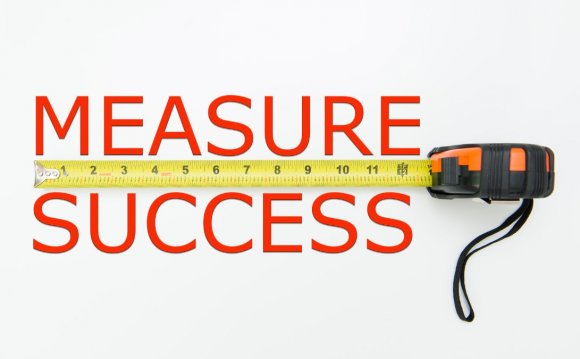
Many freelance consultants have a rather hit-or-miss approach to marketing their services. In truth, quite a few consultants do not learn to market themselves in the early days of their businesses because they are lucky enough to start out with business in hand.
That is, they leave a corporate environment, only to do their first few projects for their former employer. They moonlight until a solid long-term project comes along, so that when they give up their day job, they don't have to do any selling.
Eventually, of course, they run as far as they can on their existing network and referrals and they have to start getting the word out about what they can do for new clients. They read a lot of books and blogs, and even take some seminars, on how to market themselves. They collect a lot of good ideas, maybe even plan some good steps toward building visibility and earning trust among their target prospects.
But I often see some unspoken assumptions underlying the details of those marketing action plans, myths about how marketing works that seriously undermine the results consultants achieve. In my work helping consultants be more effective in marketing and selling their services, I have seen several of these myths over and over again, perhaps because in some ways, freelance consultants are particularly susceptible to these assumptions.
Before we look at five of the most common marketing myths believed (if not admitted to) by consultants, let me just mention that I'm using "marketing" broadly to cover the entire selling process.
Some people like to make a strong distinction between marketing and selling, and those are often different functions in larger organizations. But when you're a one-person shop, handling the entire process, it should be easy for you to see my references to "marketing" in a wider context.
Myth 1: Marketing Is All About Making More Money
Most of the time when I hear a consultant say, "I need to do more marketing, " that person really means, "I need to make more money." They say this when their business hits a lull, or when they are doing some kind of end-of-year review and they start thinking about improving their incomes.
Good marketing allows you to continually move your portfolio of clients closer and closer to your ideal.
The purpose of marketing is to give you choices, specifically, choices between clients. It allows you to take one project rather than another, and - something too few consultants ever think about - to replace existing clients with new ones.
Maybe the only choice you ever make is to select the bigger project, the higher-paying client, over the smaller project. That's fine, but some consultants who have pursued a "money is all that matters" strategy have found themselves working on projects that bore them with clients who annoy them. What's more, they find that they are working so hard, such long hours, to earn those good revenues that they don't have any time to enjoy the freedom that is supposed to come with running your own business!
Consultants accept this myth easily in part because, as I said, they often start out with a successful run and when that first dry spell hits, all they can think about is money. That's normal, but too few of them ever stop to re-think the situation, to recognize that they didn't start their own businesses just to make money.
Good marketing allows you to continually move your portfolio of clients closer and closer to your ideal. It definitely means dropping existing clients, by whatever criteria, for better ones. But there are lots of ways to compare your options.
What if you could make the same amount of money from two similar projects, but one of them would take much less time? Or what if you could see that a project that produced a little more revenue would generate a lot more hassle from an unreasonable client?
Without prospective clients waiting in the wings, you have no way to step out of your least satisfying client relationships, and you have little control over your free time and your stress. Instead of equating "more marketing" with "more money, " put marketing to work for you to generate choices that will lead to greater overall satisfaction with your consulting business.
Myth 2: Marketing Means Telling Prospects All About You
Few consultants sell a "thing." They sell services, that is, advice and action on behalf of the client. And above all, they sell themselves. Without some personal level of confidence and trust in the consultant, the client never books the business.
Given the intangible nature of what consultants offer, many struggle to explain their services, why they are the best choice for the client, what they do. That leads to a cycle of more and more comprehensive descriptions - self-descriptions - of the consultant's actions, approach, principles, experience, and so on.
Most consultants cannot resist talking about themselves, what they do, and how they do it. Unfortunately, consultants who talk about themselves all the time are about as appealing as dates who talk about themselves all the time.
What your clients and prospects need to hear about is their world. They need to hear their issues and challenges mentioned. They want to detect signs that you have dealt with their industry or their situation, that you understand things from their perspective. They need to have confidence not only that you offer solutions, but that you realistically take into account the constraints they face - personal, financial, legal, and others - in implementing solutions.
INTERESTING VIDEO














